Can I Drink French Vanulla Coffee Diet
It doesn't come as a surprise that 64 percent of U.S. adults report drinking at least one cup of coffee per day, with 11 percent downing a whopping four—or more! What's more, your average Joe drinks up to three cups of Joe a day. With so many people guzzling coffee, we decided to dive into the more nuanced and more surprising list of things that coffee can do to and for the human body.

Research published in the journal Circulation suggests that drinking coffee could ward off the reaper. To come to this finding, Harvard School of Public Health researchers surveyed more than 250,000 Americans over 28 years and asked them questions them about their diet and coffee consumption. After analyzing their rates of disease and death over the following twenty years, they found that among nonsmokers, those who drank between three and five cups of java daily were up to 15 percent less likely to die of any cause than those who weren't as friendly with their neighborhood barista.

The caffeine in coffee will have your adrenal glands pumping out adrenaline. Within 20 minutes, your pupils will dilate as a result of this natural exciter. The upshot? You could temporarily enjoy sharper vision.
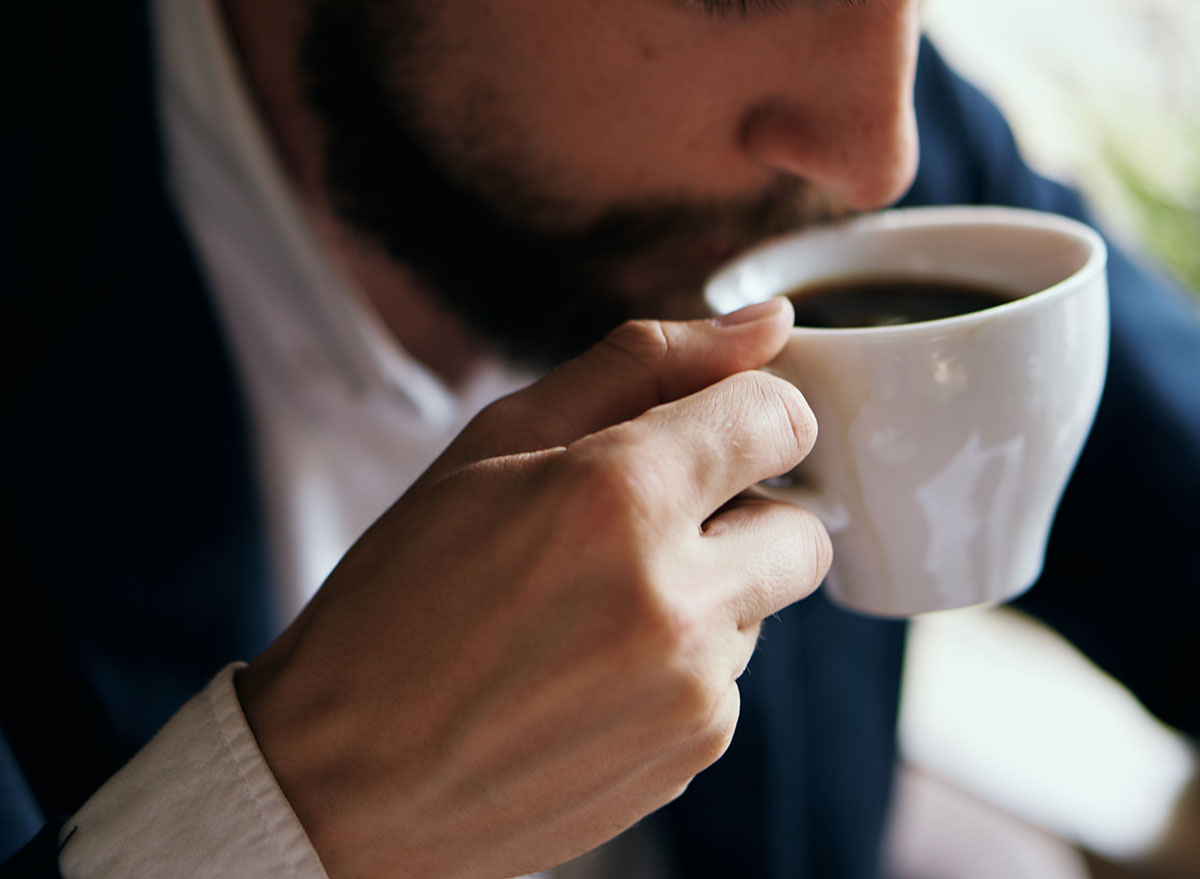
Men who consumed between 85 and 170 milligrams of caffeine a day—the equivalent of two to three cups of coffee—were 42 percent less likely to suffer from erectile dysfunction (ED), according to a recent study published in the journal PLOS ONE. Researchers attribute the benefits to caffeine's relaxing effect on the arteries, which improves blood flow to the penis.
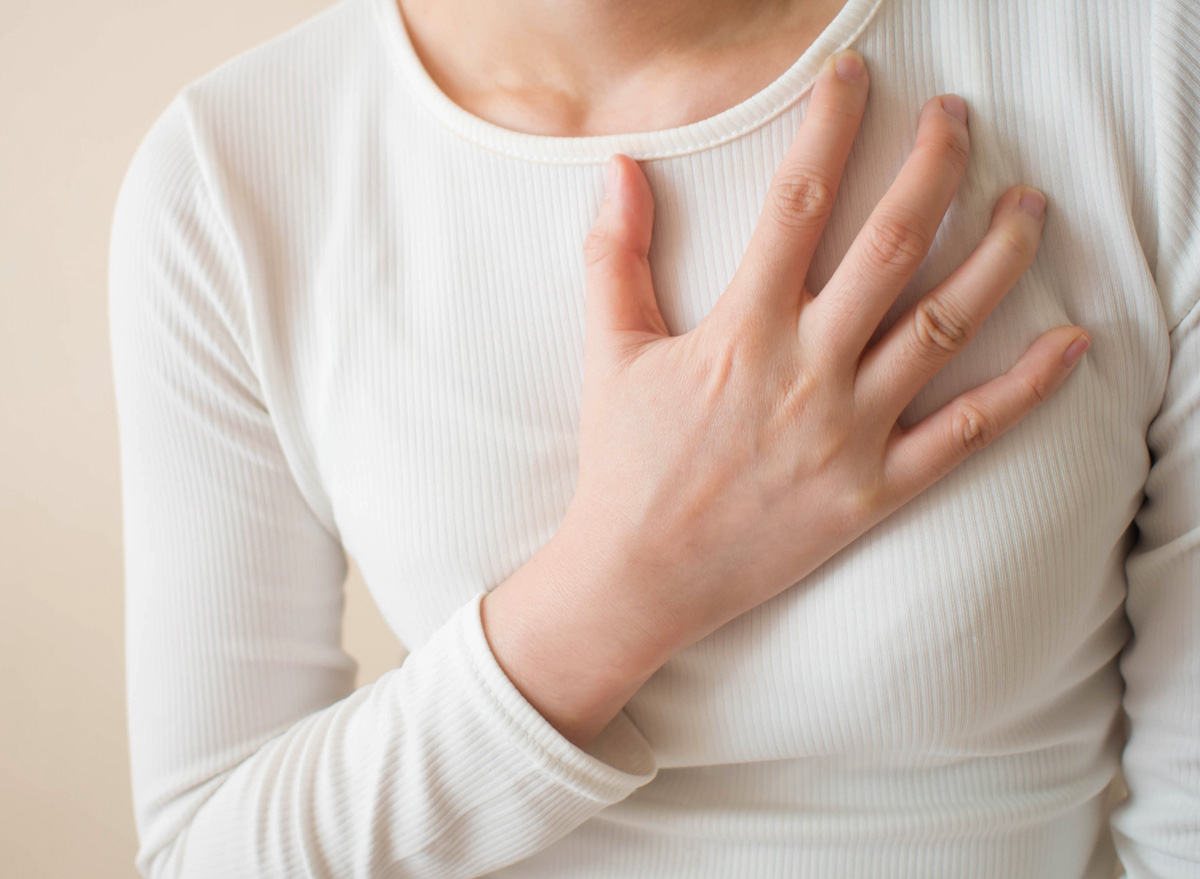
When you drink coffee, you raise the level of acidity in your stomach. That's often a good thing as an increased acid level helps with the digestion of food. Problems can arise when you drink too much coffee on an empty stomach. The overly acidic gastric juices can irritate the lining of the gut and cause heartburn.
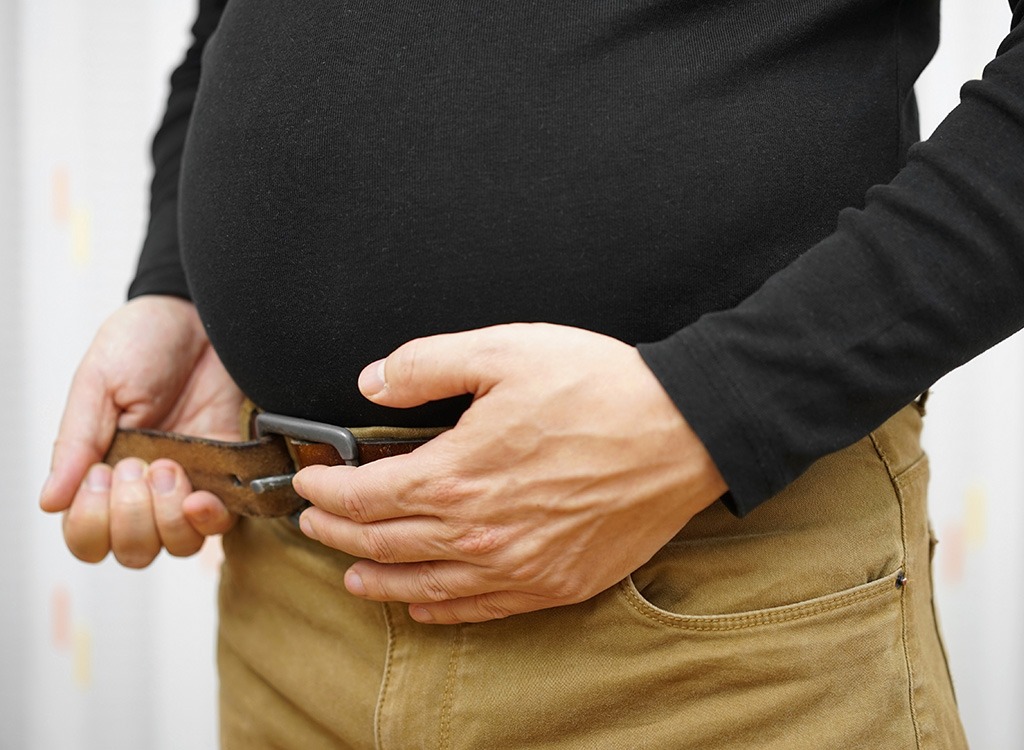
According to a 2005 study published in Psychosomatic Medicine, caffeine can increase levels of cortisol, a stress hormone, in stressed individuals. Chronically high levels can trigger excess fat storage, which can lead to obesity.
French Presses could be increasing their bad cholesterol. A 2007 study from Baylor College of Medicine demonstrated that ingesting the structurally similar molecules cafestol and kahweol (both of which are found only in coffee beans) can lead to significant increases in LDL levels in humans. That needn't be cause for concern if you drink your java via a method that employs a paper filter as it can bind cafestol and kahweol in the course of brewing. That means that only a tiny fraction of these cholesterol-upping molecules never make it to your morning cup and into you. If you have high-cholesterol and use a French press, you may want to think about your brewing method.

It's often associated with the jitters so the idea that your coffee habit could be a salve to your daily worries and preoccupations may seem counterintuitive. However, coffee actually stimulates the release of dopamine. This feel-good chemical elicits feelings of contentment. Is it any wonder that this stuff is free in most offices?

Drink some coffee and your blood pressure may rise a little. Your heart reacts to this drop in pressure by slowing slightly. However, if you keep drinking beyond a cup or so, the heart is likely to accelerate.

Stomach ulcers can be excruciatingly painful. Coffee can do a number on the lining of your gastrointestinal tract, giving rise to ulcers and other forms of gastric irritation and damage. If you have an ulcer, you may be best off forgoing coffee until the situation has improved. Think you're too young to worry about ulcers and all that other stuff? Then you better read the foods to never eat after 30 and then read up on Becoming Ageless.

If you end up needing to spend the night in a haunted house, you may want to bring a beverage other than coffee. A study conducted at Durham University in 2009 found that people who consumed at least 315 milligrams of caffeine (about three cups of brewed coffee) a day were three times more likely to hallucinate than people who drank less than that amount. Seeing things, hearing voices, and sensing the presence of ghosts were among the experiences reported by test participants. Spooky.

Just 20 minutes after drinking a cup of coffee, you'll begin to feel it's stimulating effects. You can expect to experience a greater degree of alertness and be able to concentrate better on tasks.

Harvard researchers found that coffee drinkers have a 10 percent decreased risk of death from heart disease. But a common java add-in may counteract the drink's health-boosting effects: creamer. The traditional varieties are packed with trans-fats, often hiding under the guise of its lesser-known name: hydrogenated oil, which raises levels of cholesterol and increases the risk of cardiovascular disease. Yikes! Keep the creamer out of your cup to reap its heart-healthy benefits.
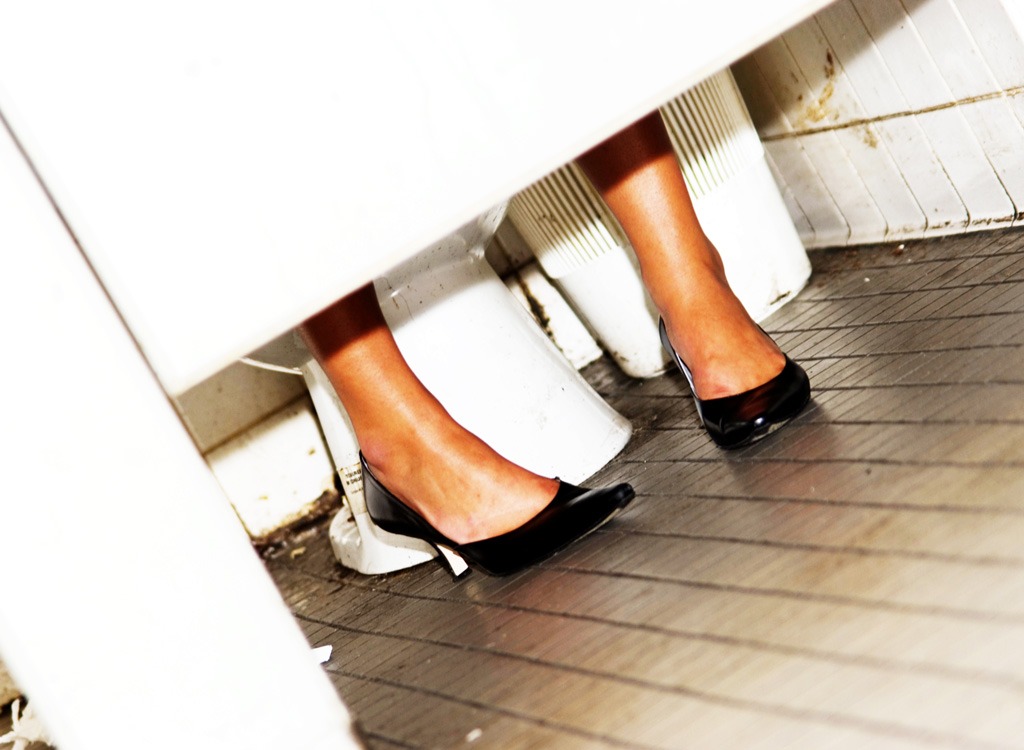
According to a study published in the journal Gut, "The speed at which the response [peristalsis, wave-like muscle contractions in your gastrointestinal tract] occurs suggests an indirect action on the colon as it seems unlikely that coffee would reach the colon in this time either via the intestinal lumen or the bloodstream. We suspect that coffee may induce a 'gastrocolonic response' by acting on epithelial receptors in the stomach or small bowel. Such a mechanism could be mediated by neural mechanisms or by gastrointestinal hormones. Coffee has been shown to promote the release of Gastrin, which can increase colonic spike and motor activity."

Generally, used coffee grounds get unceremoniously thrown away; but some say that taking them into the shower with you as they can minimize the appearance of cellulite. The exfoliation and massage work together to help stimulate blood flow and tighten the skin.
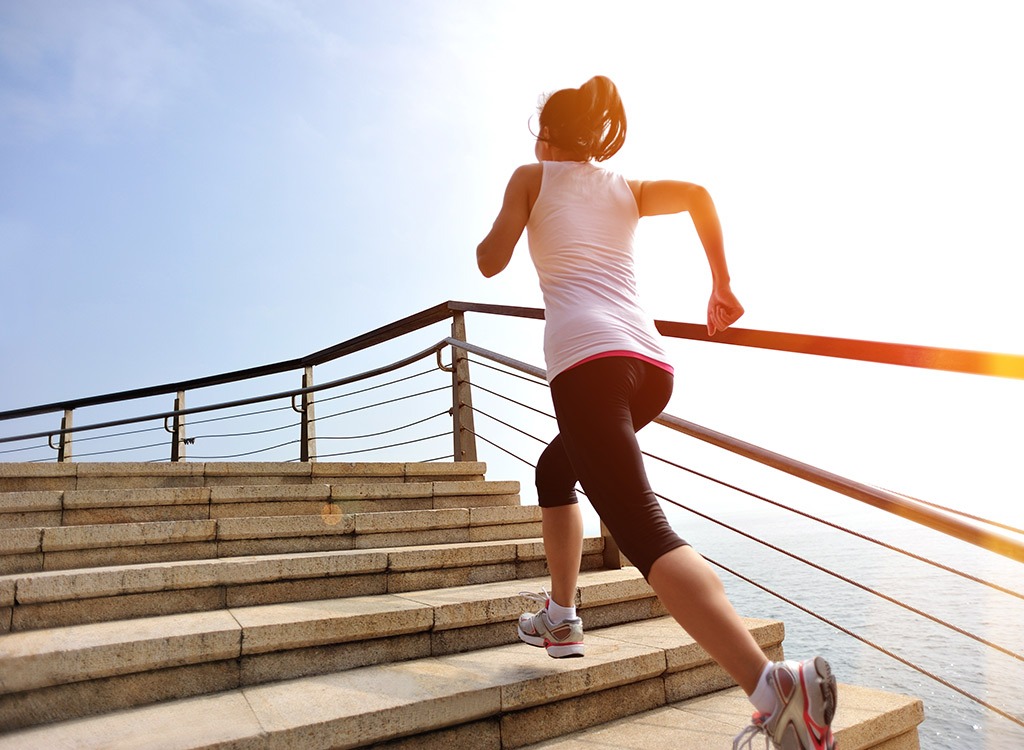
Coffee is best known for its ability to give drinkers some get up and go, but after three hours that borrowed energy has got up and gone. To keep the buzz going, you'll need to drink more coffee. This tactic could eventually be a problem because drinking coffee too late in the day can disrupt the production of melatonin, the body's primary sleep hormone.

Even if you aren't a regular coffee-drinker, caffeine can help speed pain relief. According to WebMD, not only can caffeine can make pain relievers 40% more effective in treating headaches, but it also speeds the body's reaction to the medications. That being the case, it shouldn't be surprising that many OTC headache medications also contain caffeine.

A study published in 2008 in the American Journal of Obstetrics and Gynecology, and found that the risk of miscarriage among pregnant women is more than double in women who consume over 200 mg or more of caffeine per day. The American College of Obstetricians and Gynecologists also recommends an upper limit of 200 milligrams per day.

The researchers found that study participants (both smokers and nonsmokers) who drank at least one cup of coffee a day had up to a 36 percent lower rate of suicide—and this wasn't the first group of researchers to make this discovery. Several other studies have hinted at an inverse association, too. Even so, it's not yet clear if there's something in the drink to thank or if coffee drinkers just happen to share common lifestyle factors (like higher rates of employment) that are often associated with a lower risk of suicide. One theory is that caffeine could be a contributing factor, which makes a lot of sense. Caffeine was shown to reduce the loss of dopamine (AKA the happiness hormone), according to the report.

The good news keeps on coming! Coffee drinkers were also found to be between 9 and 37 percent less likely to die of neurological diseases like Parkinson's and dementia. Though the reason for this is not yet fully understood, one theory is that coffee's caffeine could be a contributing factor.
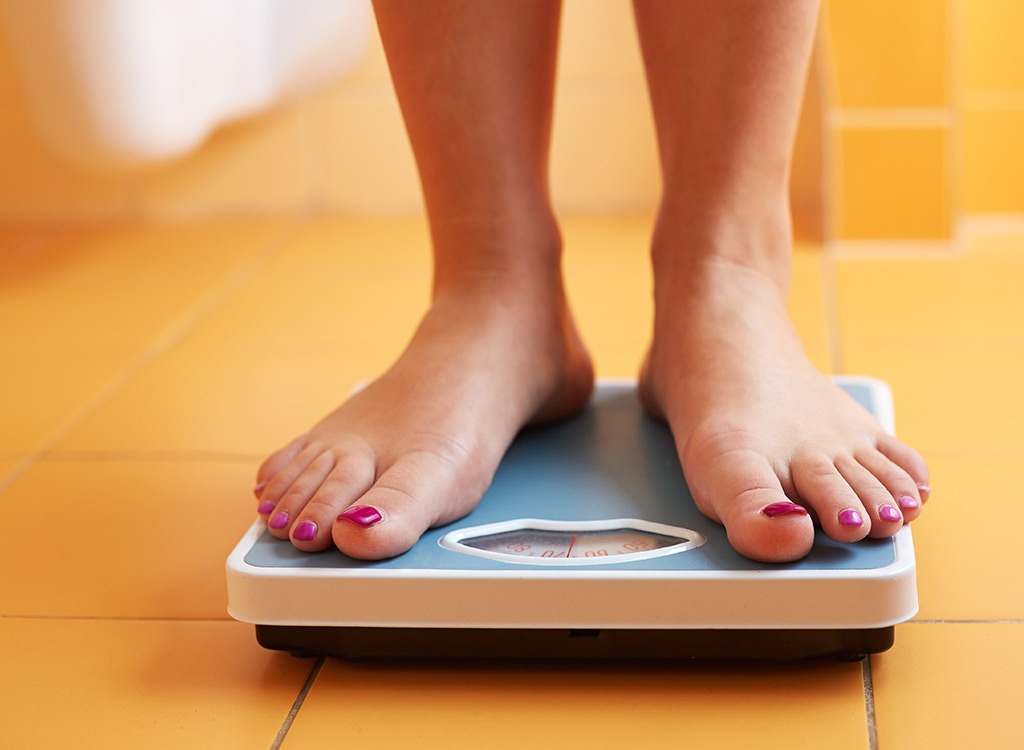
Coffee is one of the best drinks for weight loss because it boosts your metabolism.
The average metabolic rate of people who drank caffeinated coffee was 16 percent higher than that of those who drank decaf, according to a study published in the journal Physiology & Behavior. A cup of black coffee is a good choice for a pre-workout beverage, too: Researchers found that cyclists who took a caffeine supplement were able to ride about a mile farther than those who took a placebo. Make yours a Venti and skip the sweeteners.
But don't overdo it. Have a few cups of coffee for a metabolism boost, but if you're never seen without a mug at your lips, that could work against you, says nutritionist Amy Shapiro. Caffeine is a natural appetite suppressant. If you're constantly consuming it, you may not eat much—or realize how hungry you are—until you get home for dinner. "Not eating enough throughout the day can make your metabolism sluggish," she says. "By the time you eat dinner, instead of immediately using that food for energy, your body is aggressively storing it as fat, just in case it will be deprived again."
RELATED: Learn how to fire up your metabolism and lose weight the smart way.

Microbiologists at the University of Valencia in Spain took samples from the drip trays of nine Nespresso machines. They found that between 35 and 67 different bacteria genera hanging out in the trays' leftover coffee. A CBS investigation one-cup makers had staphylococcus, streptococcus, bacillus cereus, and E. coli. The bad news is that it's hard to avoid these mini-menaces, even if you don't use a one-cup maker. Coffee mugs are often contaminated, too. "In our studies, half had fecal bacteria in them," microbiologist Dr. Charles Gerba told Fox News in 2013. Ew.

Sure, we all know that coffee can perk you up when you drink it, but according to research, just huffing some roasted beans can have a profound and measurable effect on how the brain functions. Studies performed on the brains of stressed and non-stressed rats showed that stressed rats had different levels of activity in 17 genes in the brain. Plus, levels of some brain proteins changed in ways that could have a calming effect on stress or have an antioxidant function.
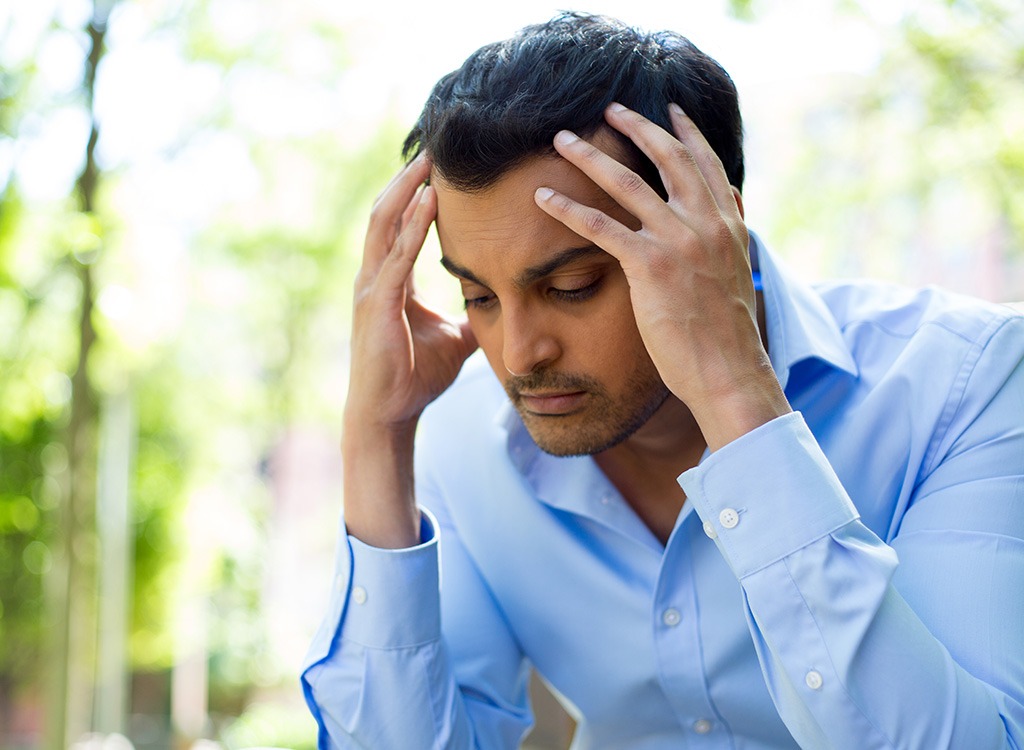
"Regular caffeine consumption leads to physical dependence on caffeine, which manifests as withdrawal symptoms when a caffeine user abruptly stops using caffeine," says Laura M. Juliano, director of Behavioral Pharmacology and Health Promotion at American University, Washington, DC. "A diffuse throbbing headache is a hallmark feature of caffeine withdrawal. The reason for this is that one of the pharmacological effects of caffeine is a constriction of blood vessels in the brain."

"There are certain headaches, called hypnic headaches, that can be prevented with caffeine," says Dr. Kathleen Digre, fellow of the American Academy of Neurology and director of Headache and Neuro-ophthalmology Division at the University of Utah in Salt Lake. "Hypnic headaches are a rare headache seen in elderly individuals that start after they fall asleep. Drinking a bit of coffee before you go to sleep can prevent hypnic headaches. Caffeine is also used in post-lumbar puncture headaches (which can occur after a person undergoes a spinal tap]." Have even more sweet dreams and see slim-down success with these 20 Ways to Lose Weight in Your Sleep!
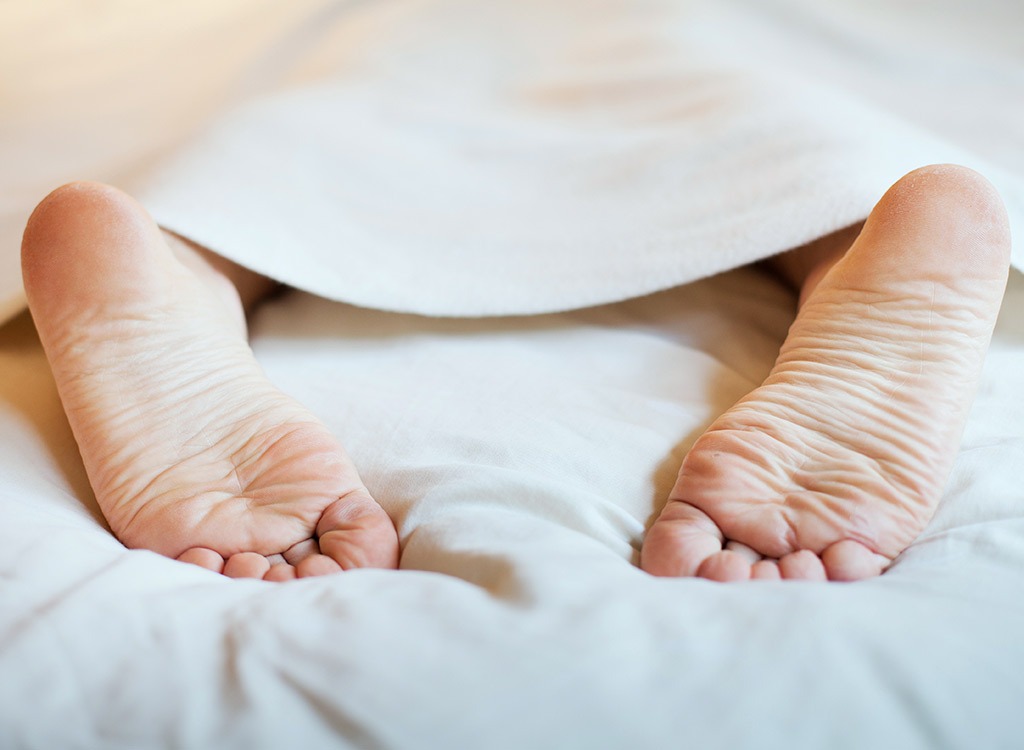
A blend of antioxidant-rich coffee and moisture-locking coconut oil makes for the perfect combination of natural ingredients to remove and repair rough skin, says Carolyn Doe, spa director at The Umstead Hotel and Spa. Her recipe includes one cup of virgin coconut oil, half cup of your ground coffee of choice, and one to two teaspoons of vanilla extract blended together.

A new study from the London-based World Cancer Research Fund International (WCRF) suggests that regular coffee consumption could reduce the risk of liver cancer among people who booze to excess on the reg.
For even more healthy eating tips, be sure to sign up for our newsletter.
Can I Drink French Vanulla Coffee Diet
Source: https://www.eatthis.com/effects-of-coffee-on-body/